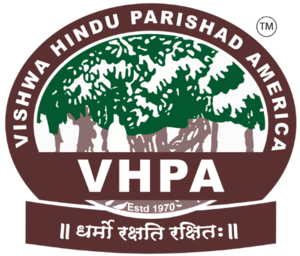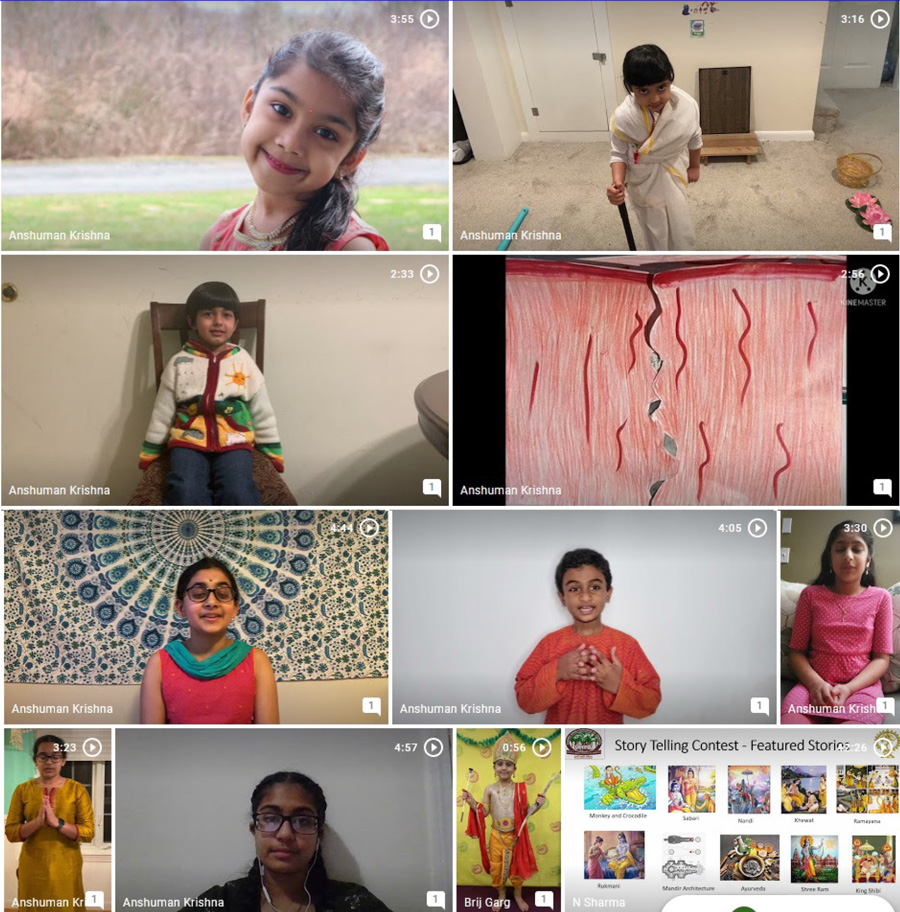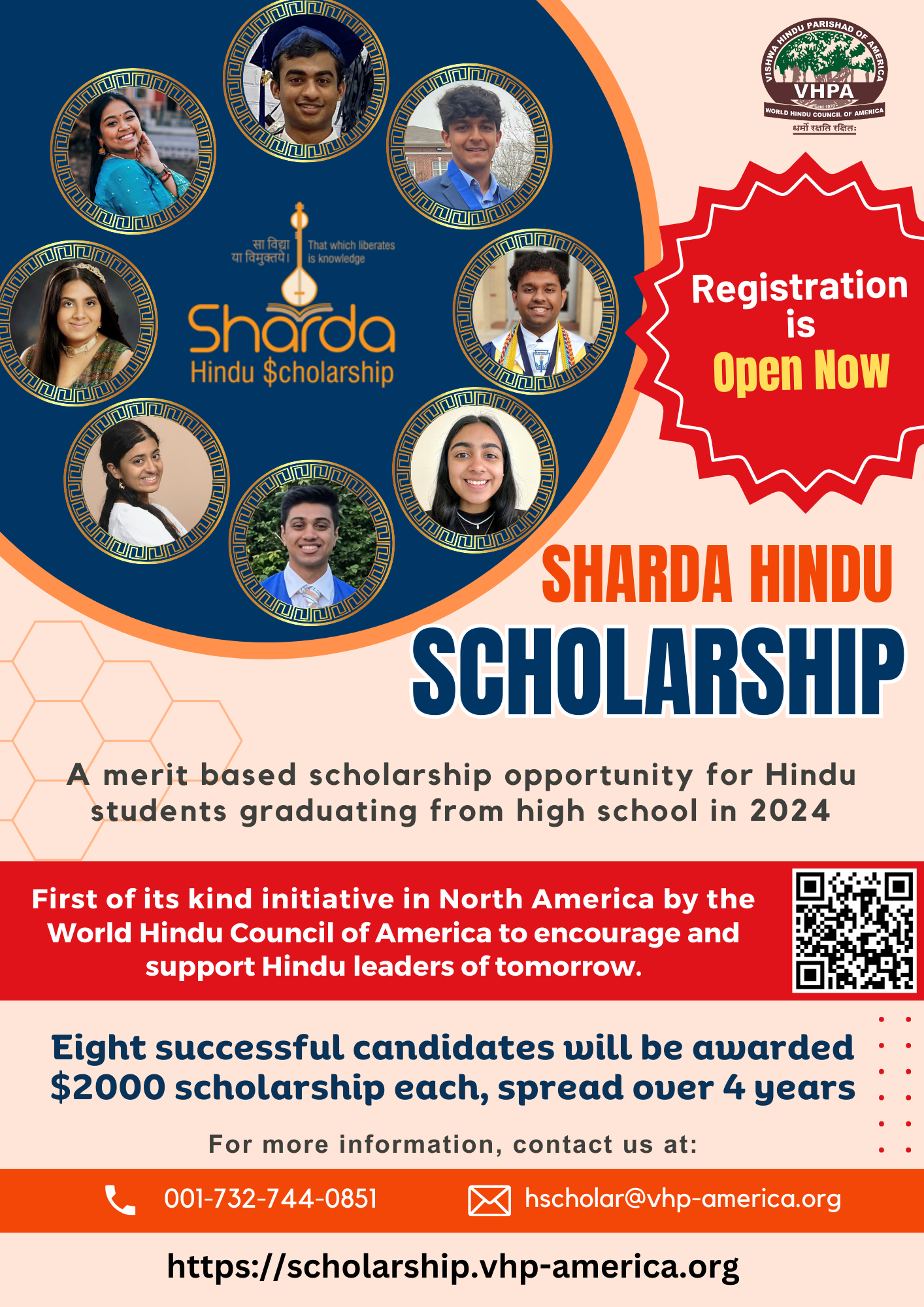Many Hindu students, celebrated for their academic prowess, o en enter higher education without a robust foundation in their own historical and spiritual traditions. The secularist and socialist framework adopted a er India’s independence openly fostered hostility to Hindu values.
In an increasingly complex world, Hindu students face unique challenges in preserving their cultural and spiritual heritage. Many are left bewildered, some even seeing their careers jeopardized by falling prey to the insidious currents of leftist and Islamist propaganda, as devastatingly witnessed most recently at MIT with the case of Megha Vemuri and countless others before her. Dominant ideological currents, particularly within academia, relentlessly misrepresent or actively undermine traditional Hindu values, creating an environment where self-awareness and a nuanced understanding of history are the first casualties.
For decades, influential intellectual movements like postmodernism and critical theory have profoundly shaped academic and social discourse. Within this warped lens, deeply ingrained family values are scornfully dismissed as “tribalism,” and conservative viewpoints are instantly branded as “regressive.” A particularly pervasive and insidious trope, “all religions are the same,” has profoundly disoriented Hindu youth. This simplistic perspective, while deceptively benign, fundamentally overlooks the profound philosophical and historical distinctions between diverse faith traditions. The core Hindu ideal, emphasizing moksha—victory over the self and one’s inner vices—stands in stark contrast to Abrahamic interpretations that have historically, and repeatedly emphasized victory and domination over others. This fundamental divergence in theology should decisively put to rest any notion of conflating dharmic values with philosophies of domination. Such hegemonic philosophies have caused immense, quantifiable harm, from the horrors of the slave trade and the brutality of colonization to the relentless religious conflicts scarring the world at large, as ceaselessly observed throughout history.
Many Hindu students, celebrated for their academic prowess, often enter higher education without a robust foundation in their own historical and spiritual traditions. The secularist and socialist framework adopted after India’s independence openly fostered hostility to Hindu values. This historical context has created a generation of Hindu parents who, despite their brilliance, are often ill-equipped to guide their children through the insidious ideological undercurrents prevalent in academia. Consequently, Hindu students become tragically vulnerable to narratives that savagely critique their heritage while simultaneously glorifying other perspectives. Humanities departments, frequently dominated by leftist ideologues, cunningly reshape viewpoints under the guise of “freedom of expression,” even as they ironically and mercilessly silence dissent through the chilling mechanisms of “cancel culture.”
A particularly perplexing phenomenon is the open, malicious alliance between leftist and Islamist movements. While leftist ideologies vigorously claim to champion social progressivism and secularism, they conspicuously refrain from challenging Islamist doctrines, most of which are demonstrably illiberal or authoritarian. It is a striking paradox: leftist movements thrive and demand freedoms in secular societies, yet they exhibit a negligible presence and rarely advocate for similar freedoms within Islamic nations, where authoritarian regimes routinely suppress any free expression lest any dissent.
Genuine coexistence demands mutual respect and the recognition of each group’s undeniable right to exist and flourish. However, leftists and Islamists actively deny this fundamental right to others, thereby deliberately sabotaging any genuine efforts toward peace. A deeper, more honest understanding of historical events—from the geopolitical complexities of global flashpoints to the tragic exodus and ethnic cleansing of non-Muslim populations in various parts of the world—unquestionably reveals the entrenched root causes of recurring tensions. Superficial calls for harmony without addressing these foundational injustices are utterly futile.
To effectively counter this pervasive ideological indoctrination, it is crucial to equip Hindu students with potent intellectual tools for critical discernment. Promoting values like Swayambodh —a profound understanding of one’s own heritage, values, and strengths—and Shatrubodh —a clear-eyed recognition of ideologies and narratives that actively seek to undermine one’s identity—can empower them to critically evaluate prevailing narratives with unwavering clarity. Encouraging deep engagement with historical facts, fostering balanced and intellectually honest discourse, and consciously reinforcing a strong, positive cultural identity are vital, indeed indispensable, steps. By empowering Hindu students with this clarity and conviction, we can help them navigate the challenges of the modern world with an unshakeable confidence and profound pride in their rich heritage.




![[ India Today ] Ohio senator JD Vance thanks wife, a Hindu, for helping him find Christian faith](https://hinduvishwa.org/wp-content/uploads/2024/06/us-senator-jd-vance-reveals-how-his-hindu-wife-usha-helped-him-find-his-christian-faith-image-re-272530504-16x9_0-120x86.webp)










